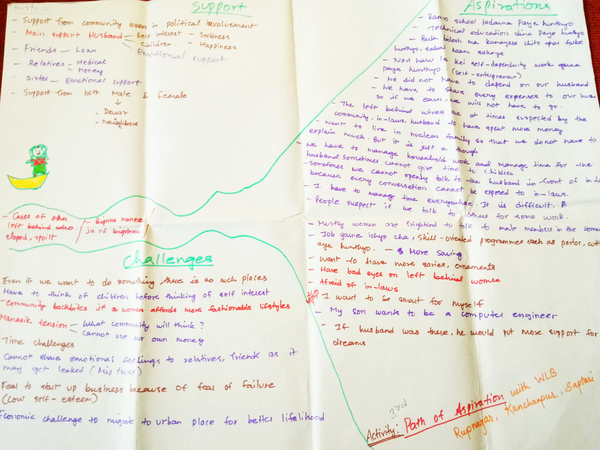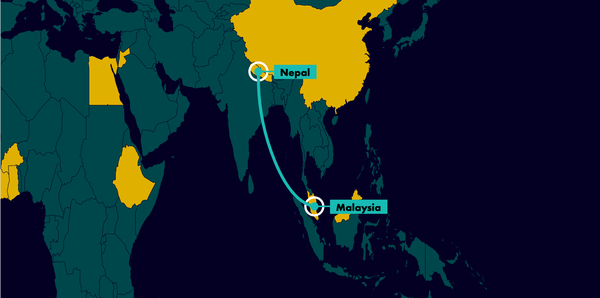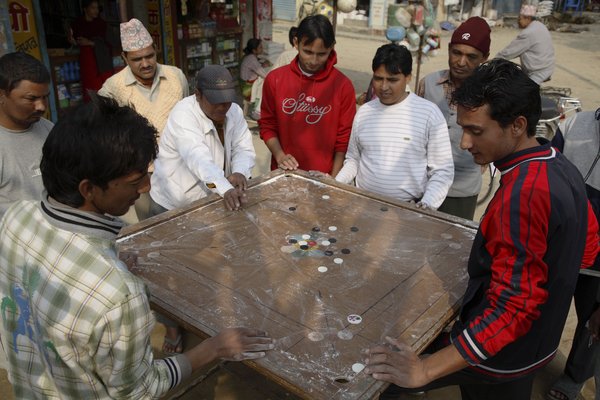
Photo by Jim Holmes for AusAID CC BY 2.0
This paper was originally published via the Arnold Bergstraesser Institute as part of the project Pandemic (Im)mobility: COVID-19 and Migrant Communities in the Global South.
COVID-19’s impact on migrants has now been well noted in Nepal, as well. This article starts with a discussion about whether/how the ongoing pandemic has altered trajectories and ambitions of current and aspiring migrants and their spouses who remain in Nepal. It then reflects on the pre-COVID migration policies of Nepal and analyses what policy/programme shifts might be needed to address the new situation. The essay is based on research in an ongoing part of a larger project funded by the UKRI Global Challenges Research Fund called “Migration, Inequality and Development” (MIDEQ).
It uses a qualitative approach with interviews from key informants from the government, academia, (I)NGOs and key stakeholders involved in Nepal’s migration ecosystem as well as Nepali migrants (returnees and aspiring), children of migrants and their spouses. The paper argues that despite the immobility imposed by the pandemic situation, Nepali migrants and their families continue to plan migration for a variety of social and economic reasons and that the current pandemic has reinforced the fact that while migration can be a personal decision, it is tied to and has strong family implications. The study finds that current migration policies and programmes should better link disaster and migration policies, address migrants in national disaster policies and include comprehensive orientations for migrants and their families if we are to harness the development potentials of migration



